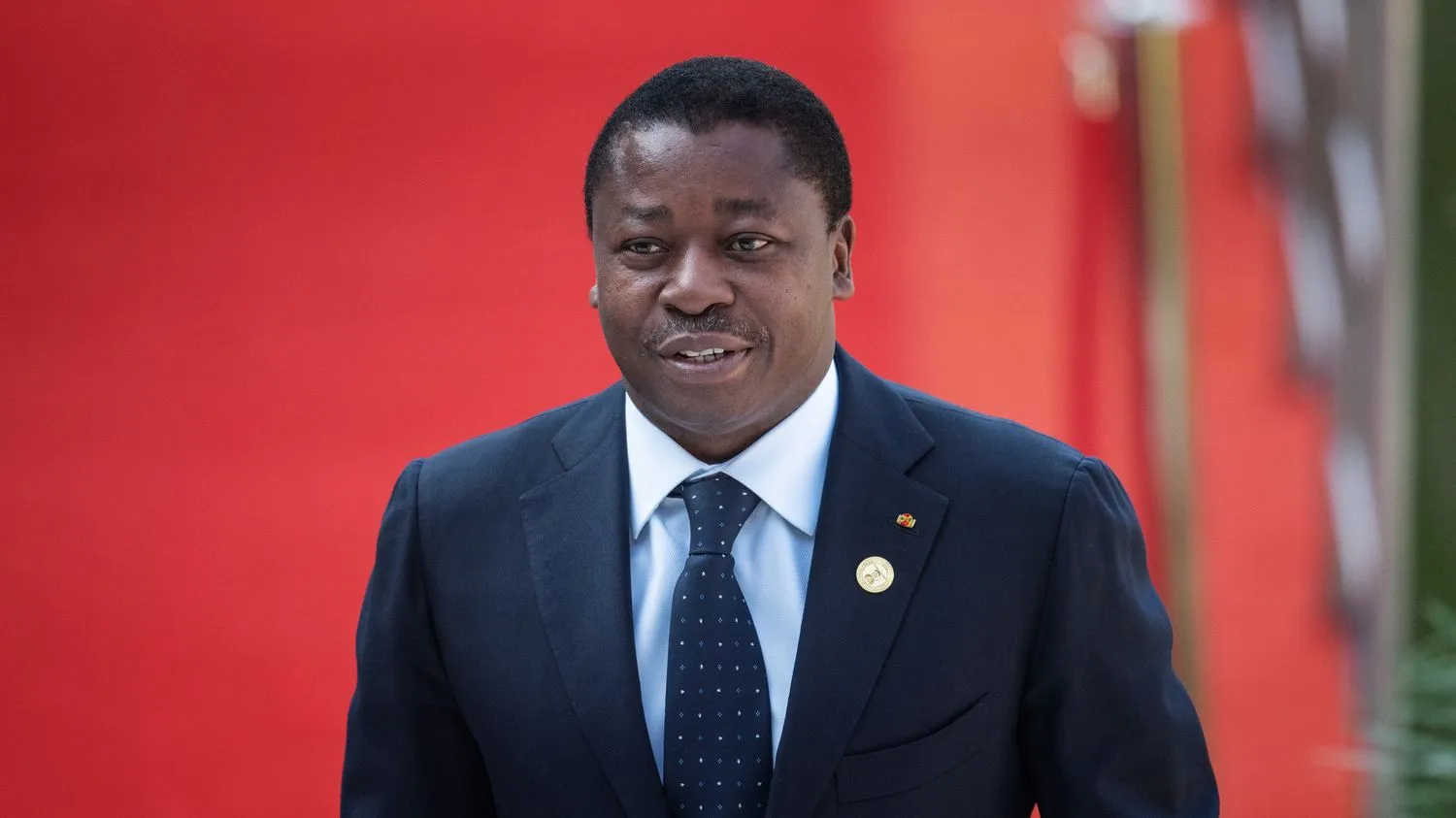In West Africa’s Togo, a significant political transformation is underway, spearheaded by President Faure Gnassingbé.
Since rising to power in 2005 after a family dynasty that began with a 1967 coup, Gnassingbé has pushed for a constitutional amendment.
This change, enacted on March 25, 2024, transitions Togo from a presidential to a parliamentary system.
The new system removes the direct election of the president, now elected by the National Assembly for a six-year term.
Additionally, it introduces the role of the president of the Council of Ministers, who manages daily government operations.

This amendment, supported overwhelmingly by the ruling Union for the Republic (UNIR) party with only two dissenting votes, has been criticized widely.
Opponents and international observers decry it as a power grab, intending to extend the Gnassingbé family’s rule potentially until 2031.
They label the move as a constitutional coup, designed to manipulate legislative power and sidestep electoral challenges.
Moreover, the Economic Community of West African States (ECOWAS) has stayed quiet on this amendment, despite potential violations of their governance protocols.
Many see this silence as a tacit approval of the changes, indicating a concerning disregard for democratic values in the region.
This shift in governance comes just before legislative elections and amidst growing regional instability.

It raises concerns about Togo’s democratic future, suggesting economic and strategic interests may overshadow democratic principles.
The amendment not only reconfigures Togo’s political landscape but also reflects broader geopolitical tensions in West Africa.
As Togo navigates these changes, the international community remains watchful.
There’s a growing debate over the commitment of global and regional bodies to uphold democracy in Africa, with this constitutional change in Togo providing a critical test case.
This moment is pivotal, marking a period of uncertainty and potential instability in a region known for political upheavals.
Background
Togo, a narrow West African nation flanked by Ghana to the west and Benin to the east, secured its independence from French colonial rule in 1960.
Its primarily agricultural economy heavily depends on commodities such as coffee, cocoa, and cotton, which have historically shaped its market and socioeconomic structure.

